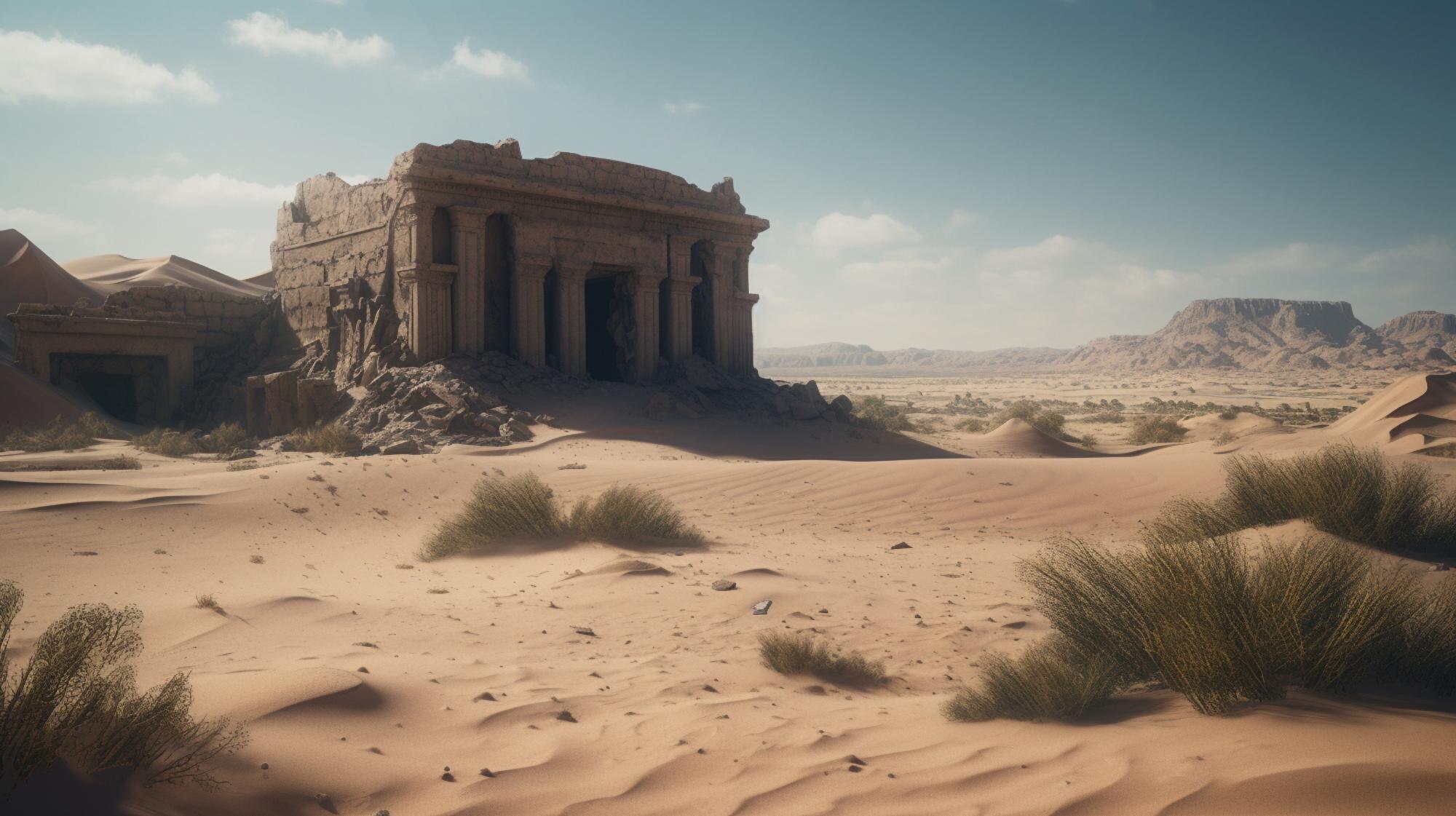Exploring the Origins of Katz Martian Greece: A Fusion of Mythology and Space
The idea behind Katz Martian Greece dives into the fascinating possibility that the achievements and mysteries of ancient Greek civilization might have been influenced by extraterrestrial beings, potentially Martians. This concept, which connects Greek mythology, history, and unexplained artifacts with the cosmos, has captured the imaginations of those who wonder if there’s more to ancient history than meets the eye. By examining Greek myths, architectural marvels, and unusual artifacts, proponents of Katz Martian Greece invite us to consider an intriguing question: Did ancient Greek society, with its profound advancements in philosophy, science, and art, have connections to beings from beyond Earth?
From the myths of powerful gods descending from the skies to unexplained artifacts and remarkable architectural feats, the theory of Katz Martian Greece attempts to bring together these elements under a speculative lens. According to this theory, certain aspects of Greek culture, from the legends of gods to the construction of architectural wonders, could reflect knowledge and influence from extraterrestrial civilizations. While mainstream historians and scientists may view this idea skeptically, the allure of Katz Martian Greece lies in its capacity to make us question and re-imagine the narratives we hold about the past.
Greek Mythology: Gods, Titans, and Otherworldly Visitors
Ancient Greek mythology is rich with stories of gods, Titans, and other divine beings descending from the heavens, interacting with humanity, and wielding powers beyond mortal comprehension. To proponents of the Katz Martian Greece theory, these myths may contain kernels of truth that ancient Greeks interpreted through their own cultural lens. Could these stories of divine intervention be based on real encounters with extraterrestrials?
Consider the tales of the Titans, the primordial beings who existed before the Olympian gods. The Titans were known for their extraordinary power and their role in shaping the cosmos, making them almost god-like figures in ancient Greek religion. Some enthusiasts of Katz Martian Greece suggest that the Titans represent ancient extraterrestrials who may have come to Earth and shared knowledge or even technology with early human societies. According to this interpretation, the Titans could be a symbolic representation of beings from Mars or beyond, depicted as superhuman figures because of their extraordinary abilities and impact on early civilization.
Furthermore, the Olympian gods, led by Zeus, were believed to reside on Mount Olympus, a mysterious, elevated place that humans could not easily access. Ancient Greeks believed that Mount Olympus was an otherworldly realm, separate from the mortal world. Those who entertain Katz Martian Greece theories argue that Olympus could metaphorically represent a distant planet or even a space station—a domain of extraterrestrial beings that the Greeks saw as gods. This idea posits that ancient Greeks may have had interactions with beings who appeared to come from the heavens, which they interpreted within their mythological framework as divine visitors.
The story of Prometheus, the Titan who defied Zeus to bring fire to humanity, is another myth that holds symbolic resonance within the Katz Martian Greece theory. In this myth, fire represents knowledge, technology, and progress—gifts that empower human civilization. Supporters of the theory suggest that the story of Prometheus bringing fire could metaphorically represent an extraterrestrial being sharing advanced knowledge or technology with humans. To ancient Greeks, this gift of fire might have been their way of describing powerful, transformative knowledge, which they perceived as a divine gift from beings far beyond Earth.
Unusual Artifacts and Symbols: Clues of Alien Contact?
One of the most compelling aspects of the Katz Martian Greece theory is the existence of certain artifacts and symbols that don’t fully align with the known styles and symbols of ancient Greek art. These artifacts, discovered in various archeological sites across Greece, often depict figures with elongated heads or unusual facial features, which are strikingly different from the typical Greek sculptures of gods, humans, and animals. Some enthusiasts argue that these artifacts may depict beings who did not resemble humans—potentially Martians or other extraterrestrial visitors.
These artifacts raise questions because they don’t fit neatly into what historians understand about ancient Greek culture or its artistic traditions. While some historians believe these unusual designs are simply products of artistic experimentation or symbolic representation, others see them as evidence that ancient Greeks might have encountered beings who looked fundamentally different from themselves. For example, figures with large eyes or elongated skulls have led some proponents of Katz Martian Greece to wonder if these are representations of extraterrestrials, depicted through the lens of Greek art and culture.
In addition to mysterious figures, certain carvings and inscriptions have perplexed archeologists and historians for years. Some of these carvings contain patterns or symbols that don’t match any known Greek language or script, leading some theorists to speculate that they might be remnants of an alien language. While this idea remains speculative, it adds another layer of mystery to the artifacts found in Greece. Could these carvings and symbols represent communication attempts from beings beyond Earth, misunderstood or reinterpreted by ancient Greek civilization? For those who find the idea of Katz Martian Greece compelling, these artifacts offer tantalizing clues.
Architectural Marvels and Advanced Knowledge: Influence Beyond Human Understanding?
The architectural accomplishments of ancient Greece are admired even today, with structures like the Parthenon and the Temple of Apollo standing as enduring symbols of human ingenuity. The Parthenon, for example, is renowned for its perfect proportions and the precision with which it was constructed. Historians often credit Greek architects and mathematicians for these achievements, noting the Greeks’ deep understanding of geometry and symmetry. However, Katz Martian Greece theorists suggest that some of these architectural feats may indicate knowledge that was beyond what early humans could realistically achieve on their own.
According to the theory, certain construction techniques used in ancient Greece could reflect knowledge shared by extraterrestrial visitors. For example, the exact placement of stone blocks, the understanding of angles and acoustics in amphitheaters, and the use of specific building materials were sophisticated even by modern standards. Those who believe in Katz Martian Greece suggest that such advanced engineering skills could have been influenced by contact with beings who possessed greater technological understanding, perhaps even from Mars. They argue that the Greeks’ intellectual achievements, while impressive, may have been bolstered by knowledge passed down by extraterrestrial sources, preserved through myth and architecture.
One of the most debated topics among enthusiasts is the precision with which Greek temples were constructed. The Parthenon, for instance, was built with slight optical adjustments to counteract distortions, such as columns that slightly lean inward to appear perfectly straight to the human eye. This level of understanding of optical illusions and engineering could be interpreted by Katz Martian Greece supporters as a sign of advanced knowledge that ancient Greeks might have acquired from outside sources. For them, the architectural marvels of Greece are more than just feats of human ingenuity; they are clues to a lost connection with beings from other worlds.
A Cultural Exchange with the Cosmos: Interpretations and Skepticism
Of course, the Katz Martian Greece theory is not widely accepted in mainstream archaeology or history. Most experts believe that the accomplishments of the ancient Greeks can be attributed to human creativity, intelligence, and cultural exchange rather than extraterrestrial intervention. They argue that the unusual artifacts and symbols are simply part of the diversity within ancient Greek art, potentially influenced by neighboring civilizations like Egypt or Persia, rather than by visitors from Mars.
Archeologists and historians typically attribute Greek advancements to the Greeks’ openness to new ideas, which they encountered through trade, conquest, and cultural exchange. They argue that the architectural and intellectual progress of ancient Greece was a product of accumulated knowledge and learning rather than any kind of extraterrestrial influence. The mysteries surrounding Greek mythology, architecture, and artifacts, they say, are best explained through the lens of cultural symbolism, religious belief, and artistic expression.
Despite skepticism from experts, the theory of Katz Martian Greece holds a powerful appeal for those who are fascinated by the unknown. For them, the stories of gods descending from Olympus, the mysterious artifacts, and the architectural wonders of ancient Greece invite us to keep an open mind about the mysteries of our past and the potential for encounters with otherworldly civilizations. Whether or not we ever find concrete evidence of Martian influence, the idea reminds us that ancient history still holds many secrets.
Conclusion: Katz Martian Greece – A Window into the Unexplained
In the end, Katz Martian Greece serves as a speculative but captivating concept that combines history, mythology, and extraterrestrial theories. It encourages us to question what we know about our own past and to explore the possibility that ancient civilizations, like that of Greece, may have had connections to other worlds. While there is no definitive evidence to prove Martian influence on ancient Greece, the theory inspires curiosity and wonder. It challenges us to consider not only the limits of human achievement but also the potential for knowledge and contact that transcends our planet.
For those who enjoy exploring the mysteries of ancient history, Katz Martian Greece provides a fascinating lens through which to view Greek culture. As we continue to uncover new insights into the past, perhaps one day we will find clues that will help us answer the age-old question: Are we truly alone in the universe, or did ancient Greece experience a touch of the cosmic unknown?



